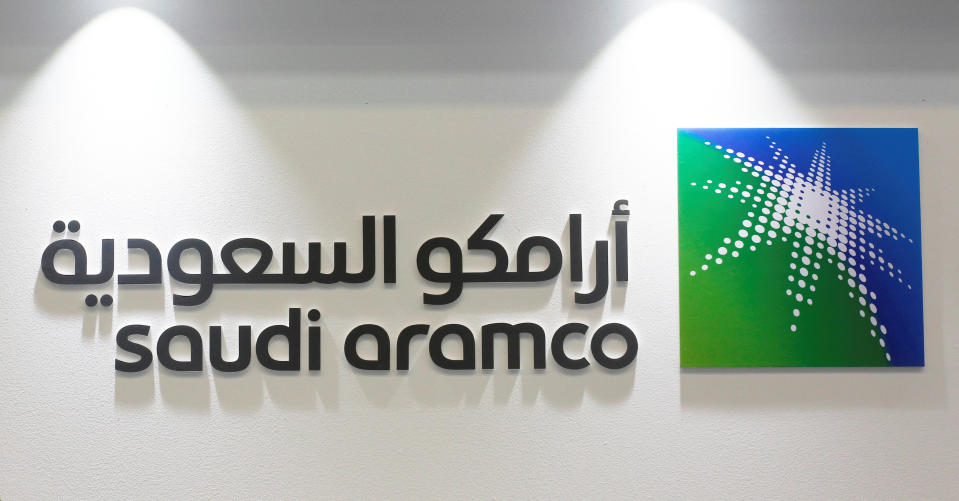Trump may prevented history's biggest IPO from having the best price

Thomas H. Kee Jr. is president and CEO of Stock Traders Daily.
Sometimes the decisions made by players in the oil sector are easy to anticipate using a good-old-boy approach. With that, what will Iran do now that sanctions are being imposed again, and what will OPEC do, if anything, given anticipated changes in Iranian oil exports?
First, we need to roughly estimate what that change will be. Our model suggests that roughly 25% of Iranian oil exports will be curtailed over the course of a year, but far less over the next 180 days, which is the window provided by the US Treasury to comply with the sanctions. This assumes that waivers are provided like they were last time sanctions were imposed.
Over the next few months Iranian oil exports will likely decline by approximately 15%.
According to the most recent OPEC report, Iran was producing about 3,814 tb/d. Using that figure, we expect 572 tb/d to come offline in the months immediately ahead, and 953 tb/d to come offline in a year. This equates to our 15% and 25% estimates.
However, recent reports suggest that Iranian export capacity is more like 5,000 tb/b. Iran has not been increasing exports even though they have been working hard to increase capacity because of the existing OPEC deal. At the same time, Iran has also been vocal against Saudi Arabia and the deal.
Saudi Arabia’s interest in pushing oil to new highs
Iran would rather increase exports than pressure oil prices higher. Given the upcoming Aramco IPO, Saudi Arabia has a vested interest in pushing oil to relative highs, so there have already been conflicts pertaining to the existing OPEC agreement. Sanctions increase those tensions.
Furthermore, OPEC will, given special situations, exempt countries from participating in deals like this. In every respect, the imposition of sanctions on Iran would be a special situation, too.
That presents an important good-old-boy question. If Iranian oil exports are going down in the future, why not ramp them up right now and try to offset that future pain? Iran does not seem to like the OPEC deal anyway, so this is exactly what we expect Iran to do.
Iran will ramp up production imminently and exclude itself from any ongoing OPEC agreement.
That opens a new can of worms. Saudi Arabia has said that they would pick up any slack in the market caused by these sanctions, but what about the other OPEC members? Why shouldn’t they be able to increase production too if Saudi Arabia is willing to? This will add additional pressure on OPEC.
Ultimately, we expect this to bring an end to the existing OPEC deal sooner than later. Russia, at bare minimum, will not sit idle if Saudi Arabia begins to increase production in the face of an existing deal.
The splintering of the existing OPEC deal has already begun, and we expect it to cause OPEC to dissolve the deal before the end of the year. To the chagrin of Saudi Arabia, this might also dent their plans to issue their IPO when oil was at its highest relative price.
Ultimately, President Trump may have prevented the biggest IPO in history from having the best price possible. If the OPEC deal dissolves and OPEC production increases to where it would normally be, oil prices are likely to fall from these lofty levels.
Read more:

 Yahoo Finance
Yahoo Finance 